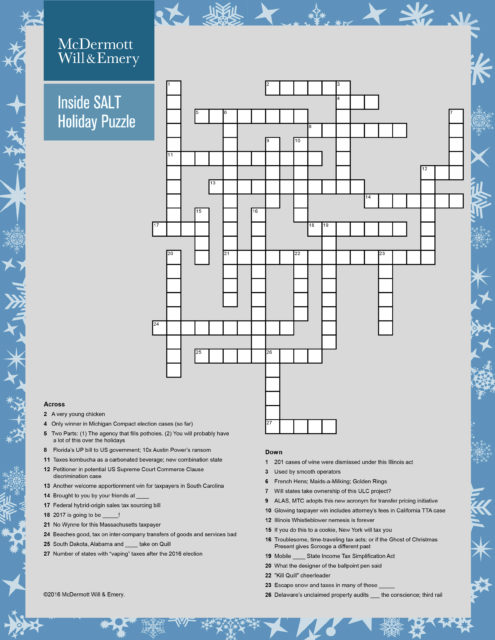The Delaware General Assembly has introduced legislation that would significantly rewrite the Delaware unclaimed property statute by repealing the three current subchapters and replacing them with a single unclaimed property subchapter. This article highlights key proposed changes in the bill.
read more



 Subscribe
Subscribe




